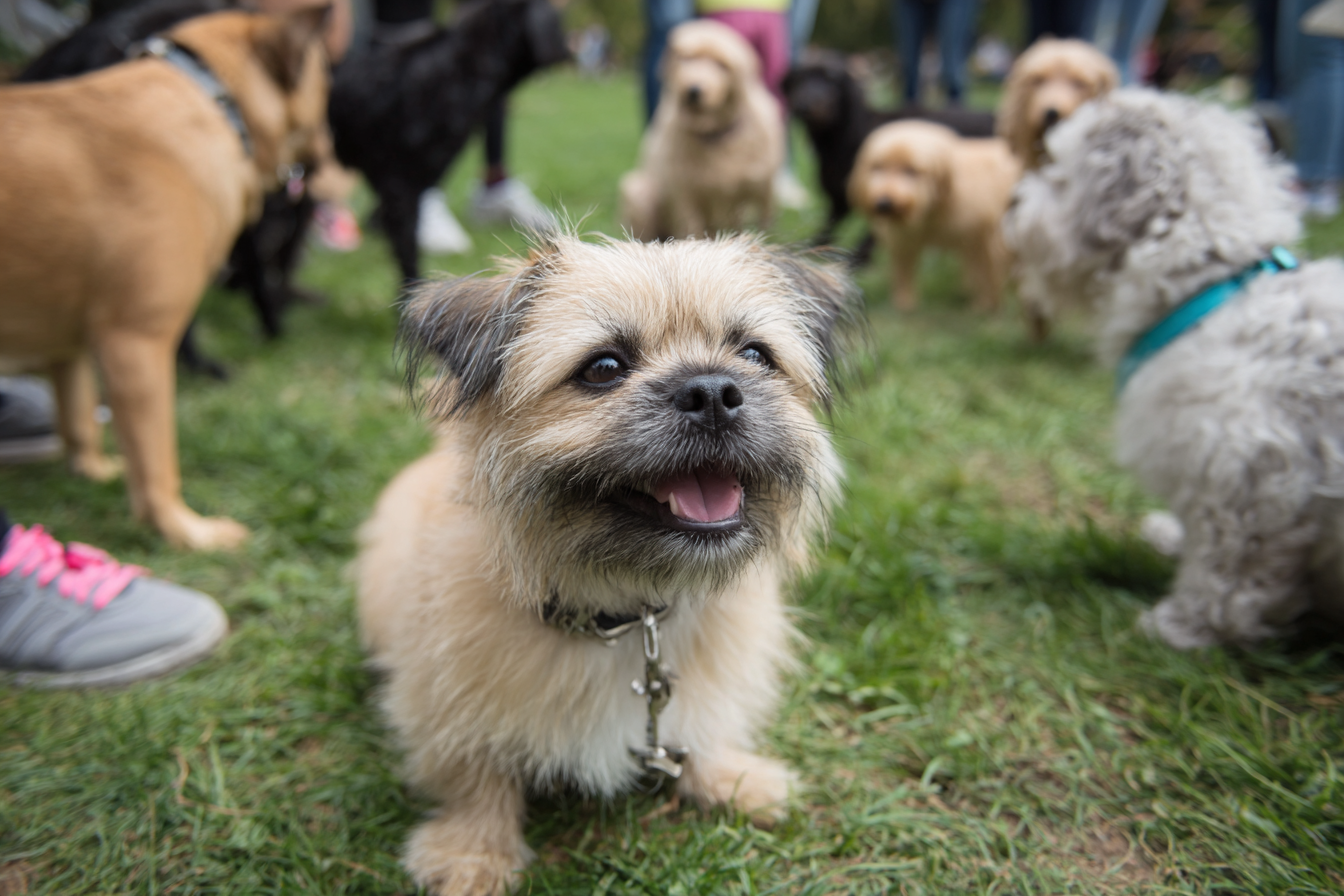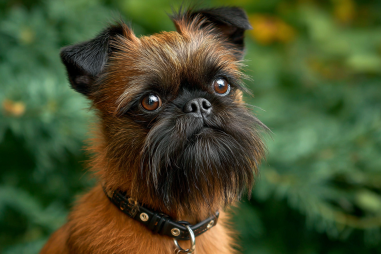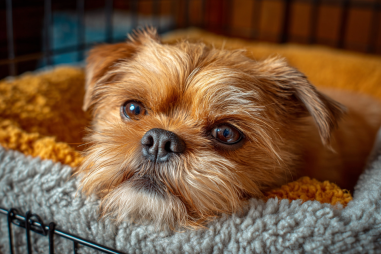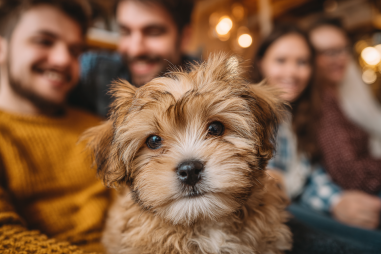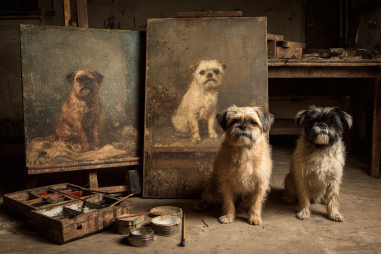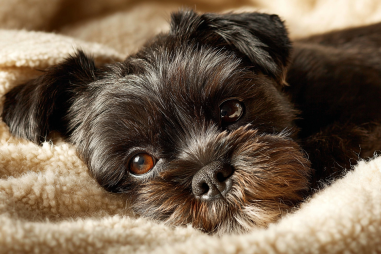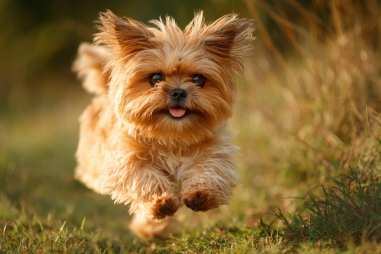Brussels Griffons are charming little dogs with big personalities. Their expressive faces and alert behavior make them incredibly endearing, but like any breed, they thrive best when properly socialized. Helping your Brussels Griffon puppy or adult dog adjust smoothly to various social situations not only ensures a confident and happy pet but also strengthens the bond you share. In this article, we’ll explore essential socialization tips tailored for Brussels Griffons, guiding you through the process of introducing your furry friend to new people, animals, and environments with ease and positivity.
Why Socialization Is Crucial for Brussels Griffons
Socialization plays a vital role in shaping the temperament and behavior of any dog, and Brussels Griffons are no exception. This breed is known for its sensitive and sometimes stubborn nature, which can translate into wariness or shyness if they aren’t exposed to a variety of experiences early on. Proper socialization helps your Griffon become a well-rounded companion who is comfortable and confident around strangers, children, other dogs, and different settings.
Without adequate social interaction, Brussels Griffons may develop behavioral issues such as excessive barking, fearfulness, or even aggression. Given their attachment to their owners, they might also suffer from separation anxiety if they haven’t been encouraged to build confidence in unfamiliar situations. Starting socialization early and continuing it throughout their life is key to nurturing a balanced dog who can handle new experiences without stress.
Socializing Brussels Griffon Puppies with People and Animals
Puppyhood is a critical socialization window, generally between 3 to 14 weeks of age. During this sensitive period, exposing your Brussels Griffon puppy to a range of people, animals, sounds, and environments can greatly influence how they respond later in life.
Here are some effective socialization strategies for puppies:
- Gentle introductions to people: Invite friends and family members over to interact with your puppy. Aim for a variety of ages, appearances, and genders to help your Griffon become comfortable with diverse personalities.
- Meeting other dogs and animals: Arrange controlled, positive encounters with well-socialized dogs and pets. Puppy classes or playdates are great for this, helping your pup learn canine communication skills in a safe environment.
- Exposure to new environments: Take your puppy on short trips to parks, busy streets, or pet-friendly stores. Allow them to explore smells and sights at their own pace, without pressure or overwhelm.
- Handling and grooming: Regularly handle your puppy’s paws, ears, and mouth to familiarize them with being touched. This makes vet visits and grooming less stressful later on.
- Positive association: Pair new experiences with treats, play, and affection, so your puppy learns these situations are enjoyable and safe.
Managing Fear and Aggression in Your Brussels Griffon
Even with the best socialization efforts, fear or aggressive behaviors can arise. It’s important to recognize early signs of fear such as cowering, growling, or avoidance, and address them calmly and gently.
Here are tips to handle these challenges:
- Respect your dog’s limits: Avoid forcing interactions or exposing your Griffon to overwhelming situations. Instead, gradually build their confidence.
- Use counterconditioning: Change your dog’s emotional response to a trigger by offering treats or praise when they remain calm around that trigger.
- Avoid punishment: Scolding or punishing fearful or aggressive behavior can increase anxiety and worsen problems. Focus on positive reinforcement.
- Consult professionals if needed: A certified dog trainer or behaviorist can provide personalized plans to address persistent aggression or fear issues.
Positive Reinforcement for New Experiences
Training with a positive reinforcement approach is especially effective for socializing Brussels Griffons. They respond well to rewards such as treats, toys, and praise, which motivate them to repeat good behavior and form a positive mental association with new experiences.
To implement positive reinforcement:
- Carry high-value treats during socialization outings and reward calm, curious behavior.
- Use a cheerful and encouraging tone to motivate your dog during interactions.
- Keep training sessions short and fun to maintain enthusiasm.
- Reinforce even small achievements to build your dog’s confidence step-by-step.
Common Socialization Challenges and Practical Solutions
Socializing a Brussels Griffon does come with challenges, especially considering their protective instincts and sensitivity. Some common hurdles include:
- Fear of strangers or loud noises: Try desensitization by gradually introducing these elements at low intensity while rewarding calmness.
- Stubbornness during training: Keep training sessions engaging and use high-value rewards to hold their interest.
- Overprotectiveness: Practice “look at me” cues to redirect focus and prevent excessive guarding behavior.
- Reluctance to interact with other dogs: Use one-on-one calm meetings rather than large, chaotic playgroups.
Patience and consistency are critical when working through these issues. Adjust your approach to your dog’s unique personality and pace, and remember that progress may come gradually.
Maintaining Socialization Throughout Your Brussels Griffon’s Life
Socialization is not just a puppy phase—it’s a lifelong commitment. Even adult Brussels Griffons need continuous exposure to new experiences to stay confident and balanced. Here’s how to maintain social skills long-term:
- Continue regular walks in varied environments.
- Schedule occasional playdates or visits to dog-friendly places.
- Enroll in refresher training or agility classes to keep your dog mentally stimulated.
- Expose your dog to different people and animals under controlled conditions.
- Stay attentive to any changes in behavior that could signal anxiety or discomfort.
By keeping socialization active, your Brussels Griffon will remain adaptable and happy, ready for whatever adventures come your way.
Helping Your Brussels Griffon Thrive Socially
Raising a well-socialized Brussels Griffon requires time, effort, and patience, but the rewards are immeasurable. With consistent, positive experiences from puppyhood through adulthood, your Griffon can become a joyful, confident companion who enjoys meeting new friends, navigating different environments, and sharing life’s moments with you. Embrace socialization as a journey and celebrate every small step forward together—it’s the key to unlocking your dog’s full potential and deepening your lifelong bond.

